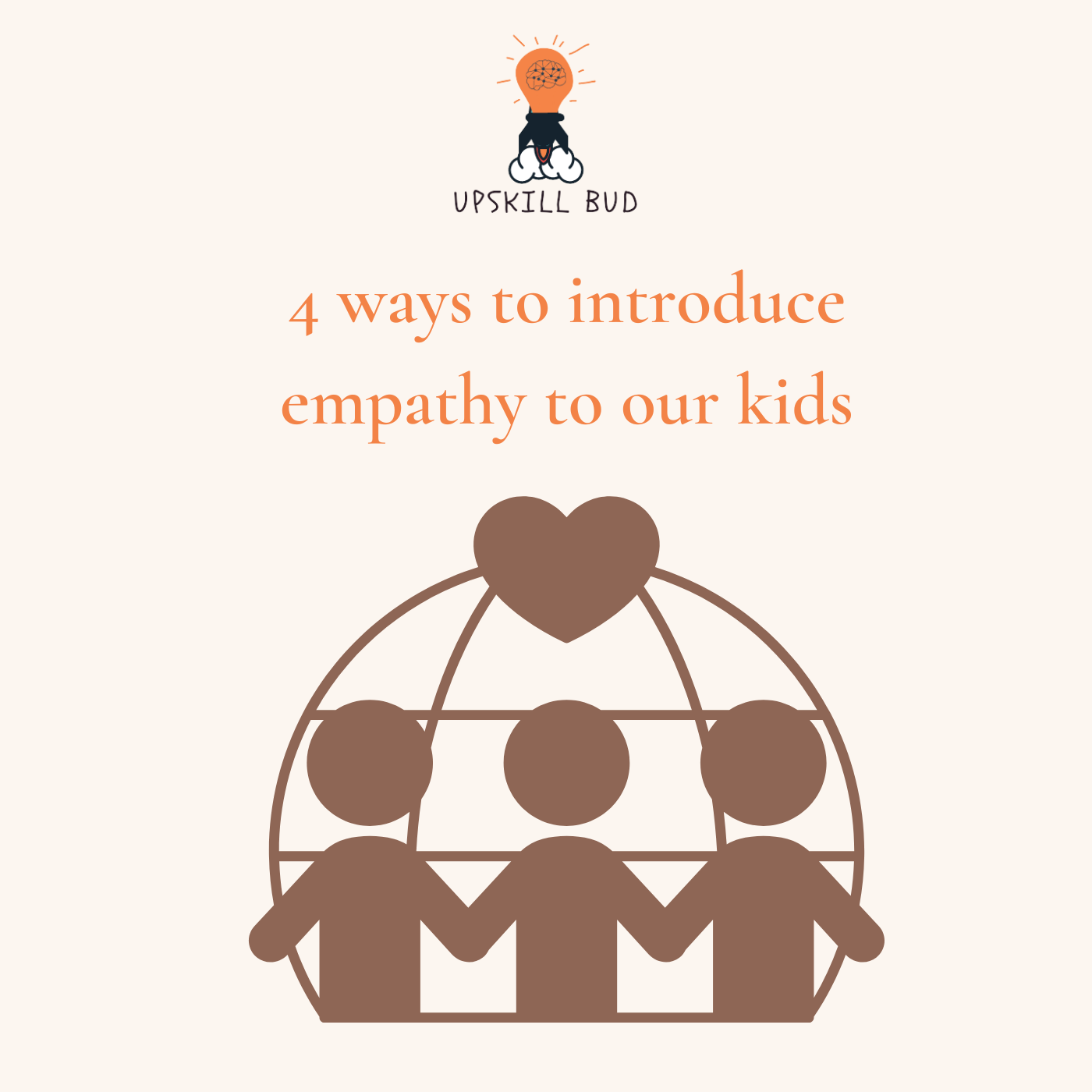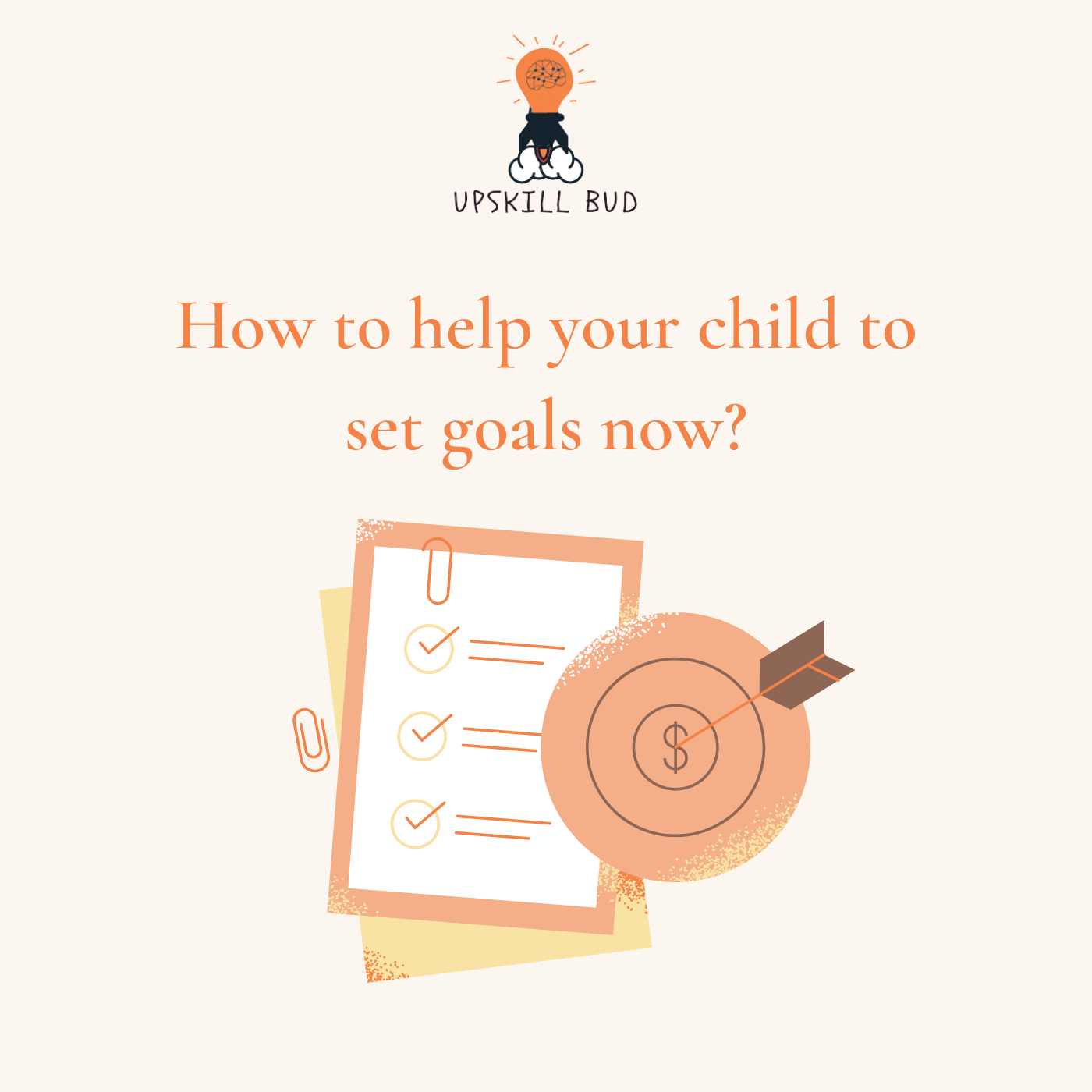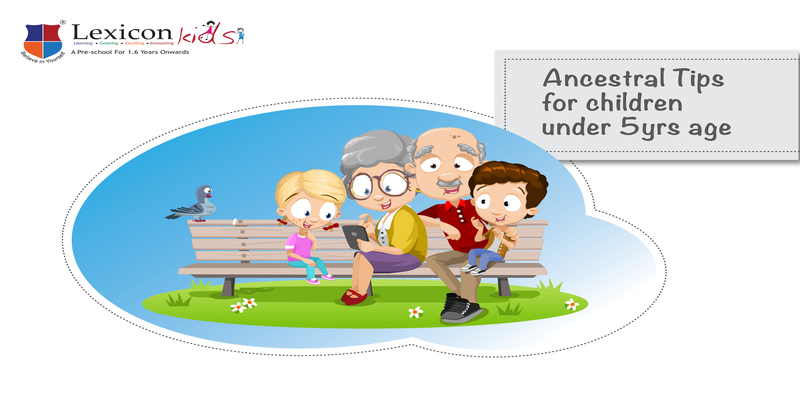
Reasons Why Children Should Ask Questions

“Asking questions is what brains were born to do, at least when we were young children. For young children, quite literally, seeking explanations is as deeply rooted a drive as seeking food or water.” – Alison Gopnik.
Children absorb any amount of information you feed them. When there is so much of intake of information, children are bound to ask questions for better understanding of their surroundings. For years, teachers were the beacon of knowledge that shared her resources only so that the students can pass the exams. The students were either discouraged from asking questions or the students were scared of being tagged as someone who asks “stupid questions”. So here we are presenting an article for Reasons Why Children Should Ask Questions?.
Socratic, a Greek Philosopher, used to go around town asking people questions to have an insight into problems faced by the common people. In the classroom, a teacher is much like Socratic, trying to find whether the students were able to understand the concept of not. If the power of asking questions is given to the student, it will help them understand and speak about the core of the topic. This art of making one’s foundation strong by asking questions is termed as foundation skill. Understanding the core of a topic with the help of asking the right questions helps in cementing the foundation skills.
The process of Asking a Question
Asking questions is not only about clearing fundamental doubts, but also sharpening higher order thinking skills. When a child comes up with questions, he is vigorously thinking through a problem while investigating the problem from various angles.
It helps them develop communication skills, encourage listening skills, makes one open-minded to other’s opinions, lead to new discoveries, polish decision-making skills, etc.
Asking questions directly affects IQ of a child. An objective study done by Smith shows that children with higher IQ are encouraged by parents and teachers to ask questions. His study also shows that parents of children with lower IQ fail to engage their children in a conversation or activity.
Information a Question Gives About a Student
A teacher can find out so much about a student’s learning process by encouraging them to ask questions. A question can tell us about:
- how he is processing the knowledge that you are giving him.
- the knowledge gap. A knowledge gap is a gap created in the learning process by not clarifying doubts.
This is extremely important to know if a teacher wants her students to excel in her classroom and beyond. By gauging the questions, a teacher can give immediate feedback to the student in form of explanations and activities so that the concept is understood well by the students.
If the students are not encouraged to ask questions in the classroom, it can lead to the following consequences.
Consequences For Not Asking Questions
- Not asking questions becomes a part of future-learning endeavours as well.
- A question can help resolve issues as it helps in understanding an issue better. Therefore, not asking questions leads to poor decision-making skills.
- Knowledge gaps lead to low-self esteem in students. Knowing that one’s classmates have moved on to another topic because they understood the concept, can lead to a child resorting to being quiet and shy in the classroom.
- Questioning encourages independent learning. A student should know the right way of asking questions to get the desired results.
Kind of Questions Can You Ask?
There are various ways of asking questions. Some of them are:
1. Close-ended questions
Close-ended questions are the type of questions that require a yes or no answer. These type of questions help in reinforcing the core concept.
For example, Was it appropriate for Goldilocks to eat the bears’ soup?
2. Open-ended questions
Open-ended questions are the type of questions that require an elaborate answer that would encourage them to think deeper.
For example, What do you think would have happened if Goldilocks would have found a family of wolves instead of bears?
3. Follow-up question
A follow-up question helps in encouraging the students to think beyond the obvious. By asking a second probing question, you are indirectly informing the student that they need to carefully formulate their answer as there is more to the story than meets the eye.
A research shows that by asking that a follow up probing question, even sometimes, students began to anticipate an added question by the teacher and thought more deeply before they answered.
For example,
Was it appropriate for Goldilocks to eat the bears’ soup? (Close-ended Question)
Would you have gone to an unknown person’s house? (Probing follow-up question)
Encouraging children to Ask Good Questions
Children stop asking questions mainly because of the fear of judgment. Keep the following points in mind to encourage children to ask questions.
- Create a safe environment for the children to ask questions. Do not judge or ridicule their question.
- Avoid giving examples right away while asking them to create questions. Let them struggle a bit to find the right words. It is all a part of learning process.
- Give them statements to paraphrase into questions. Paraphrasing helps polish questioning as well as grammar skills.
- Avoid setting a limit to the number of questions that can be asked by a student.
- Reward the child by praising them for asking the question before you actually answer the question. Encouraging words like, “That’s a great question.” or “I am glad you asked the question.” really helps build a child’s confidence.
- If only a handful of students are producing questions, the teacher can ask the students to write their questions on a paper and submit it to her anonymously. This way the fear of judgment is completely gone.
The sole purpose of education is to mould children into adults with knowledge, good decision-making skills, and a desire to be a lifelong learner. The art of questioning and desire to seek answers can make any child future-ready.
Also Read: 6 Easy Art and Craft Activities To Bond With Your Child
Recomended Blogs

Before we even start, let us learn what is empathy? Empathy is truly caring for others. Understanding

Zedua
3 years ago

“The most important thing about motivation is goal setting. You should always have a goal” – Fra

Zedua
3 years ago

Every relationship in the world is precious on its own terms. To start from, parent-child, husband- wi

The Lexicon Group Of Institutes
4 years ago
